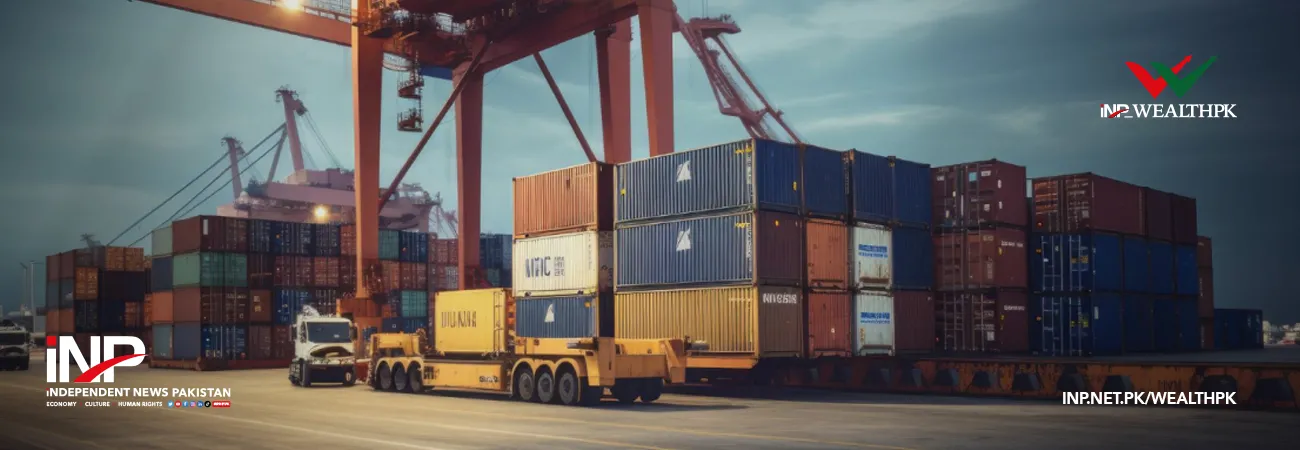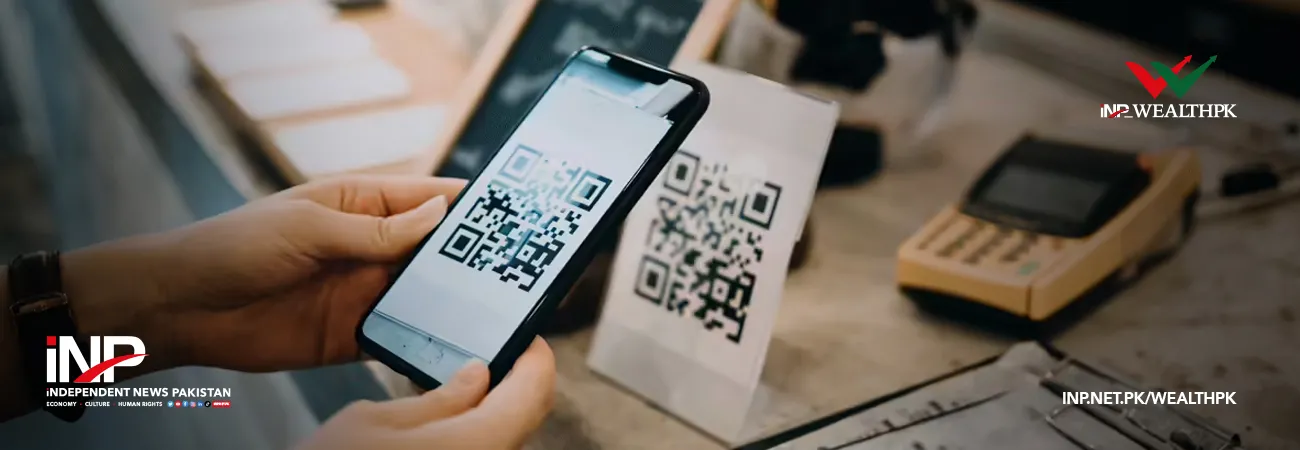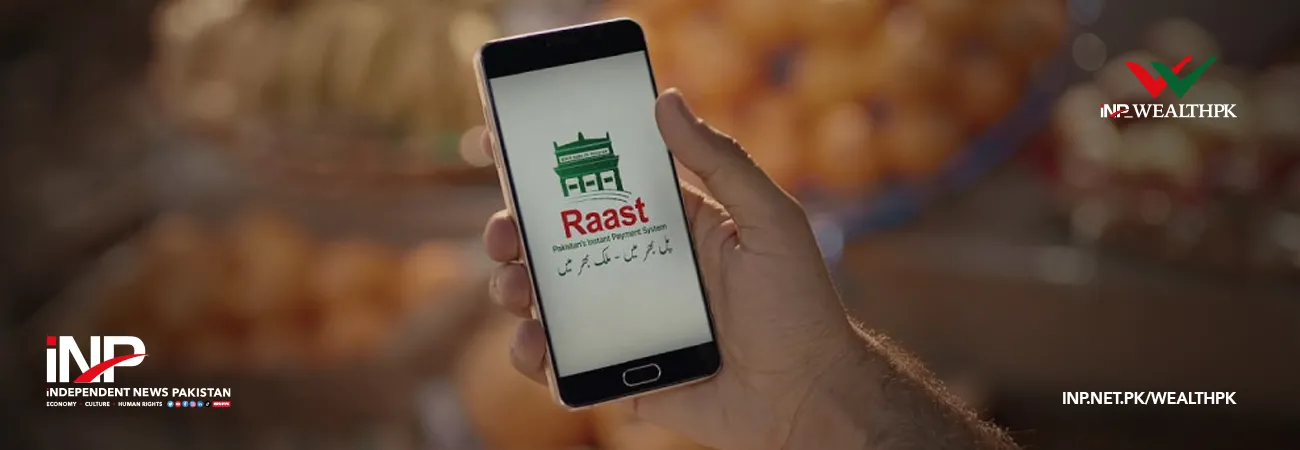INP-WealthPk
Muhammad Saleem
Any changes to the Export Facilitation Scheme (EFS) could severely harm export growth, so the government should refrain from reviewing it. Javed Ahmed, a textile exporter, told WealthPK that the business fraternity was struggling to stay afloat due to multiple issues. He explained that exporters were battling the surging prices of electricity, gas, and petroleum products.
“Now they are informed by the government that it is going to review the EFS,” he said, adding that the scheme was a vital support for exporters, offering them reduced trade costs and helping them stay profitable. However, he warned that changes to the scheme would deal a severe blow to the textile exports.
In the current scenario, Ahmed noted that no facilities were being provided to the exporters owing to IMF pressure. “We request the people at the helm of affairs to avoid taking such steps.” He said any change to the EFS would shatter the confidence of exporters and investors. The textile exporter explained that the Economic Coordination Committee (ECC) of the Cabinet had greenlighted necessary policy interventions in the EFS 2021.
“The ECC has approved a change to replace insurance guarantees for imported raw materials with bank guarantees. This move will increase the financial burden on exporters,” he added. Furthermore, he said the government was also going to reduce the utilisation period for imported raw materials from five years to just nine months. Ahmed said that reducing the utilisation period for raw materials would disrupt the entire chain.
“This change means exporters will have less time to process and export their goods.” He explained that large-scale exporters dealing with bulk orders won’t be in a position to abide by this restriction, as they required longer production cycles. “Similarly, replacing insurance guarantees with bank guarantees will require substantial working capital, leaving exporters in a difficult situation as they will face liquidity crunch.”
Due to financial constraints, he said textile exporters won’t be able to invest in operations or expand their businesses. Ahmed said that the textile sector was already struggling with numerous challenges, finding it hard to compete in international markets. “The proposed changes will exacerbate the situation,” he warned.Muhammad Arshad, another exporter, told WealthPK that Pakistan needed investment to get its economy back on track and generate jobs for youth.
He said that altering the scheme was a recipe for disaster. “Under the new rules, exporters will have to pay sales tax upfront and then apply for refunds. This process will create financial issues for them, leading to severe cash flow problems,” Arshad said. He apprehended that most small exporters or those operating on thin margins would be on the brink of disaster following these changes.
Credit: INP-WealthPk













